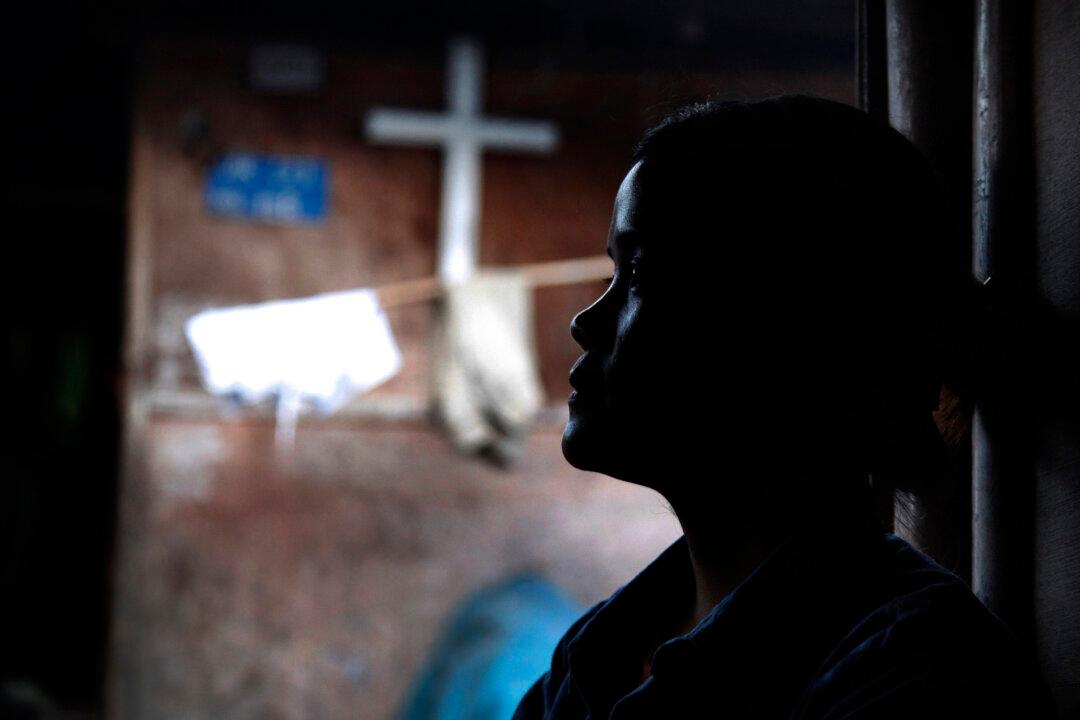Commentary
When the chained woman of Xuzhou was finally recognized by the Communist regime as a victim of female trafficking, the only sensible thing was for her to return to her own family and home right away.

When the chained woman of Xuzhou was finally recognized by the Communist regime as a victim of female trafficking, the only sensible thing was for her to return to her own family and home right away.